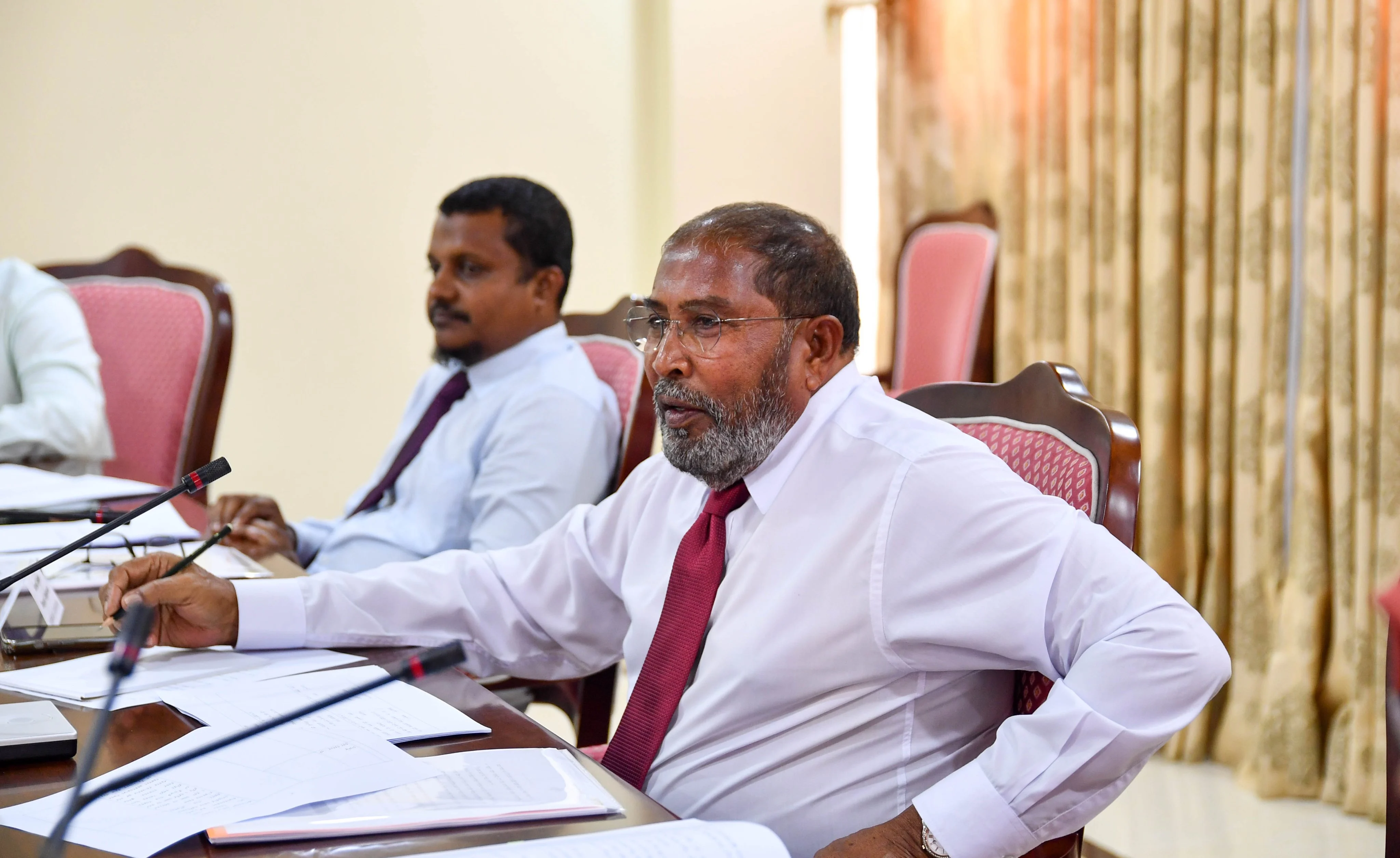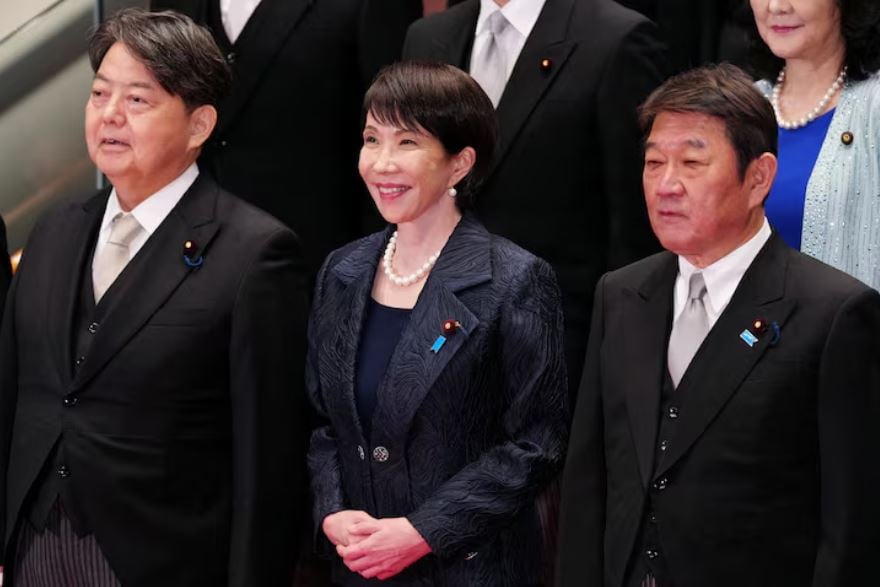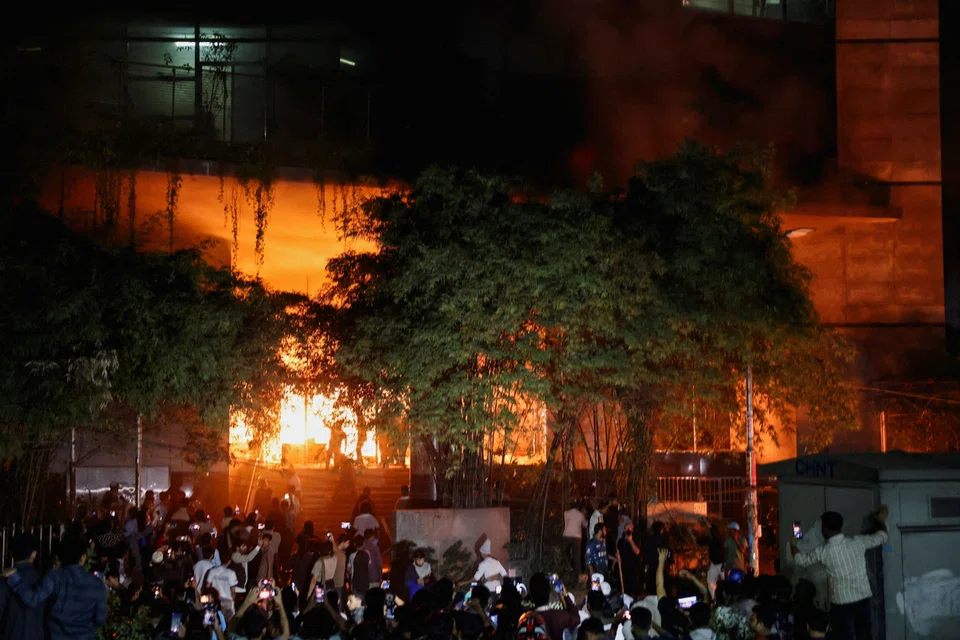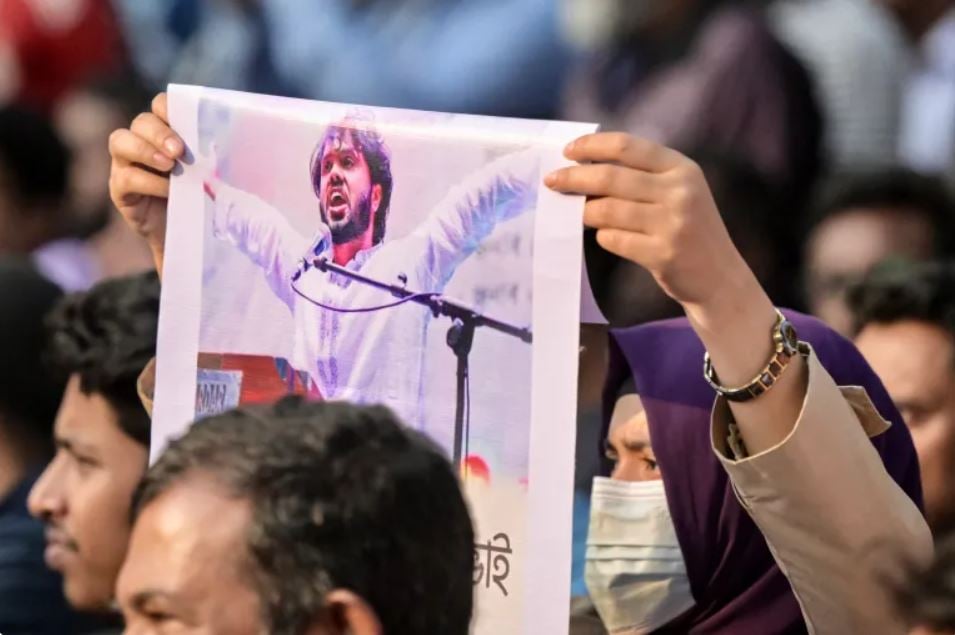Gasim Ibrahim, leader of the Jumhooree Party (JP) and Member of Parliament for Mamigili, urged the government today to take immediate action to save the country's economy, emphasizing the importance of maintaining stability.
Speaking at a committee meeting that examined the government’s supplementary budget, Gasim expressed concern that the country cannot be saved under the current governance direction. He stressed that necessary steps should be taken to address the situation.
Gasim explained that President Mohammed Muizzu had indicated measures to cut spending would be implemented in June or July of this year. However, he pointed out that no significant changes have been made to date, and he noted that he understands there are reasons for this inaction.
He emphasized the urgency of saving the country from the current government without causing disturbance, asserting that without taking the necessary actions, the nation will not be saved. He stressed that others will not come to save the country, urging decisive action.
Furthermore, Gasim criticized Parliament for its negligence in addressing the country’s economic collapse, stating that the current situation would not have reached this point if Parliament had acted responsibly. He reminded members that Parliament holds the power to pass budgets and allocate funding for development projects, and the government operates with parliamentary approval.
Gasim also expressed concern over the government’s decision to increase taxes in only one sector, describing it as a significant mistake. He warned that to destroy an economically stable economy, something must fall to a certain extent; if it falls further, it will break. He cautioned against the proposed tax increase in one area, stating it is both wrong and extremely detrimental.
Additionally, Gasim called for bold measures to reduce expenditure. He acknowledged that while there are various sources of information on these issues, the most critical aspect is that many of these issues remain unaddressed by existing laws. He noted that the Finance Committee attempted to tackle these concerns but was unsuccessful.
Gasim concluded with regret over the failure to act, indicating that this inaction has resulted in a burden on the state today.
Speaking at a committee meeting that examined the government’s supplementary budget, Gasim expressed concern that the country cannot be saved under the current governance direction. He stressed that necessary steps should be taken to address the situation.
Gasim explained that President Mohammed Muizzu had indicated measures to cut spending would be implemented in June or July of this year. However, he pointed out that no significant changes have been made to date, and he noted that he understands there are reasons for this inaction.
He emphasized the urgency of saving the country from the current government without causing disturbance, asserting that without taking the necessary actions, the nation will not be saved. He stressed that others will not come to save the country, urging decisive action.
Furthermore, Gasim criticized Parliament for its negligence in addressing the country’s economic collapse, stating that the current situation would not have reached this point if Parliament had acted responsibly. He reminded members that Parliament holds the power to pass budgets and allocate funding for development projects, and the government operates with parliamentary approval.
Gasim also expressed concern over the government’s decision to increase taxes in only one sector, describing it as a significant mistake. He warned that to destroy an economically stable economy, something must fall to a certain extent; if it falls further, it will break. He cautioned against the proposed tax increase in one area, stating it is both wrong and extremely detrimental.
Additionally, Gasim called for bold measures to reduce expenditure. He acknowledged that while there are various sources of information on these issues, the most critical aspect is that many of these issues remain unaddressed by existing laws. He noted that the Finance Committee attempted to tackle these concerns but was unsuccessful.
Gasim concluded with regret over the failure to act, indicating that this inaction has resulted in a burden on the state today.


















